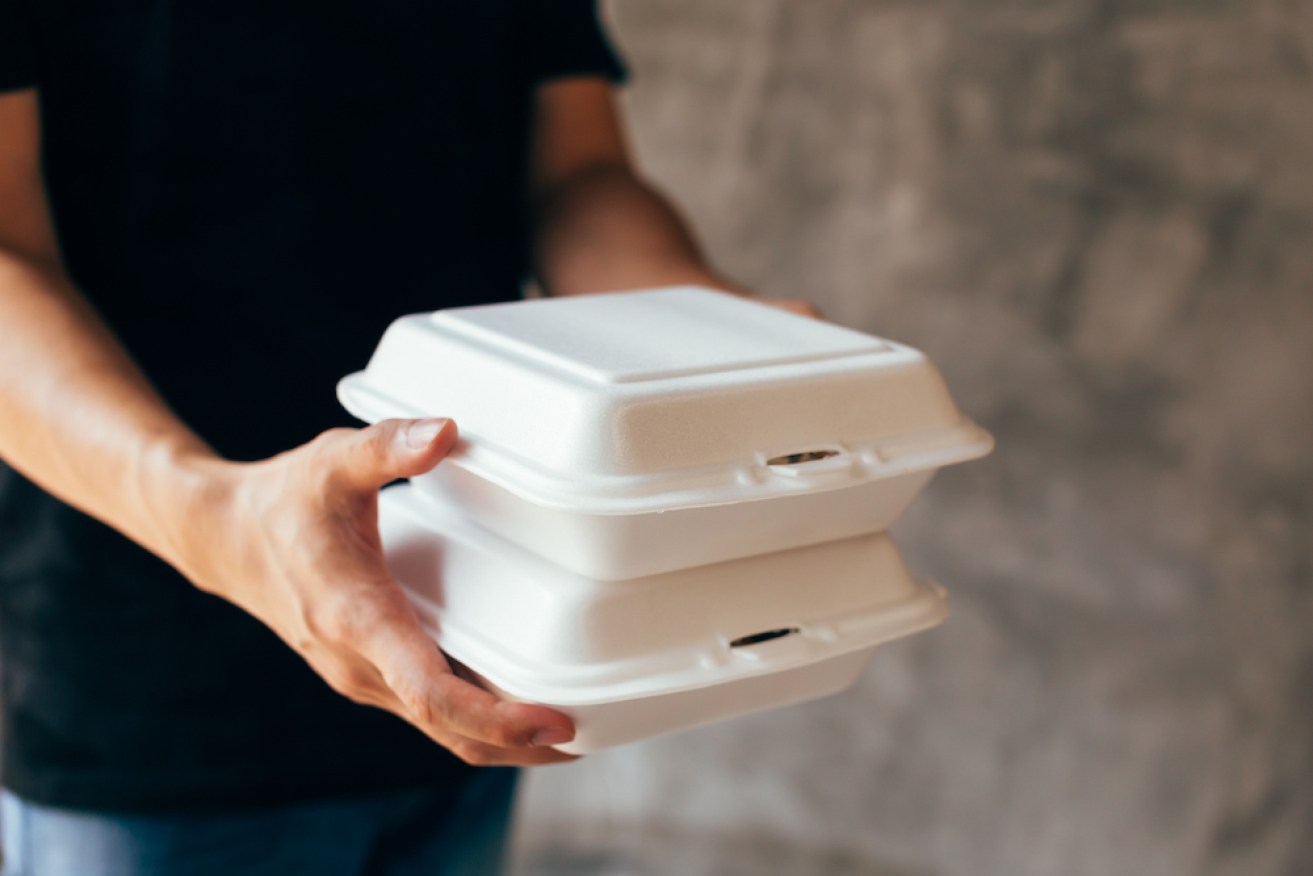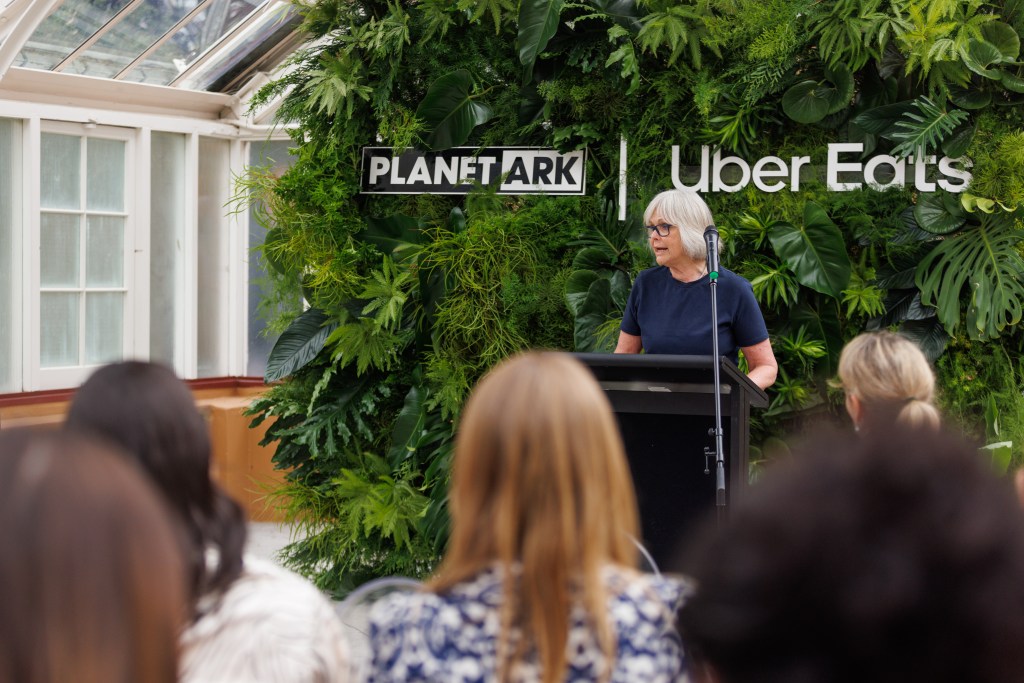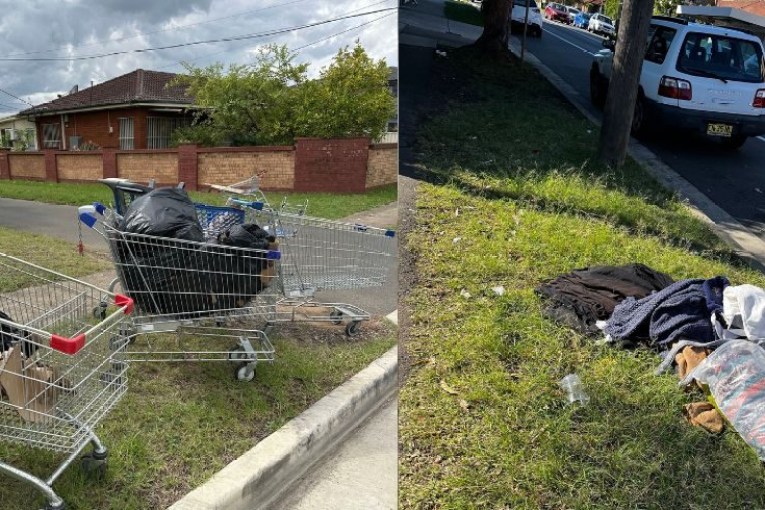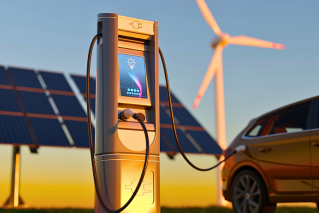Food delivery packaging part of a bigger environmental concern


Food delivery packaging can have a devastating impact on the environment. Photo: Getty
While food delivery services may make our lives easier, they also come with a hefty environmental toll.
Delivery services such as UberEats, Menulog and Door Dash have boomed in recent years, thanks to the unrivalled convenience they offer.
On the downside, researchers at the University of Melbourne found in 2021 that the food sector’s already huge carbon footprint was larger than ever, thanks to increasing volumes of takeaway packaging.
Dr Mark Boulet, a research fellow at BehaviourWorks Australia at Monash University, whose specialty is sustainability, understands the temptation to order food through an app after a busy day.
However, he acknowledged that waste was also a concern.
Boulet said a key way to prevent more packaging waste was to ensure food came in packaging that could be recycled. Even better, clever design can mean there’s less packaging altogether.
What bin does it go in?
One of the best ways for consumers to do their part is by putting waste in the correct bin.
What can and can’t be recycled differs from state to state, and even from council to council, as some offer different recycling initiatives.
When ordering takeaway, a consumer can do their part by ensuring the packaging goes in the right bin – but check your local council’s website for more information.
Generally speaking, soft plastics, polystyrene containers and mixed materials such as coffee cups cannot go in recycling bins.
In addition, packaging that is contaminated with food cannot generally be recycled. That means the bottom half of the pizza box – which is sticky with food or other residue – goes in the red bin, while the clean top can be recycled.
Bottles – glass, plastic or metal – go in yellow bins. They can also be taken to deposit sites, if available.
Planet Ark and Uber Eats
Early last week, a new plan to tackle takeaway food waste emerged with a partnership between Uber Eats and Planet Ark.
Its goal is to help restaurants provide more sustainable packaging and offer resources that benefit consumers and food outlets.
They have been in consultation with the University of Technology Sydney’s Institute for Sustainable Futures working on a framework, which identifies whether a restaurant’s packaging meets sustainability criteria.
The framework takes into account what is considered to be reusable, recyclable or compostable.
Uber Eats also announced up to $13 million in funding over three years to help boost the amount of sustainable packaging in use.

Planet Ark and Uber Eats are teaming up to tackle takeaway waste. Photo: Supplied
Planet Ark CEO Rebecca Gilling spoke with TND following a briefing about the partnership last Monday. She said Uber Eats had approached Planet Ark, determined to make a difference along its supply chain.
Referencing Uber Eats’ opt-out of single-use cutlery a few years back, Gilling said such small changes could make a difference – and that’s what Planet Ark is all about.
“We’re looking for simple actions that individuals can take that, when agglomerated with other people’s actions, can add up to a significant environmental difference,” she said.
“When Uber Eats approached us, we saw an opportunity, particularly around the sustainability of packaging, to really influence the supply chain, both at the producer and through the merchants and the choices they make, and at the consumer end, to educate them about putting more sustainable packaging into the right bin.”
Is the responsibility all on consumers?
Gilling said consumers often ended up as “untrained sorters of materials” and the emphasis could be a burden.
Planet Ark, with the help of Uber Eats, hopes to educate consumers about how to best dispose of their rubbish.
However, Gilling believed wider change was also needed.
“It’s so much simpler, if what’s going into the system at the top end, is ready to be responsibly dealt with at the other end – and that is the responsibility of governments,” she said.
Uber Eats CEO Bec Nyst praised the federal government for its proposal to regulate Australian packaging standards, saying it would provide “certainty and consistency for businesses”.
“This is a positive signal for restaurants looking to shift to better packaging options,” she said.
Tweet from @PlanetArk
Food waste still an issue
Back at Monash, Boulet’s area of expertise is household food waste.
“When it comes to household food waste, easy takeaway can actually make the problem worse,” he said.
“Because what it tends to sometimes do is actually provide a really great alternative for when we’re feeling really tired and stressed.”
Sounds great, right? Actually, the stress-driven temptation to order a pizza can mean food we already have in the fridge or pantry ends up going to waste.
Food waste has its own substantial impact. Boulet said Australians waste 300-500 kilograms of food, per person, every year.
Globally, rotting food contributes to up to 10 per cent of the world’s overall greenhouse gas emissions.








